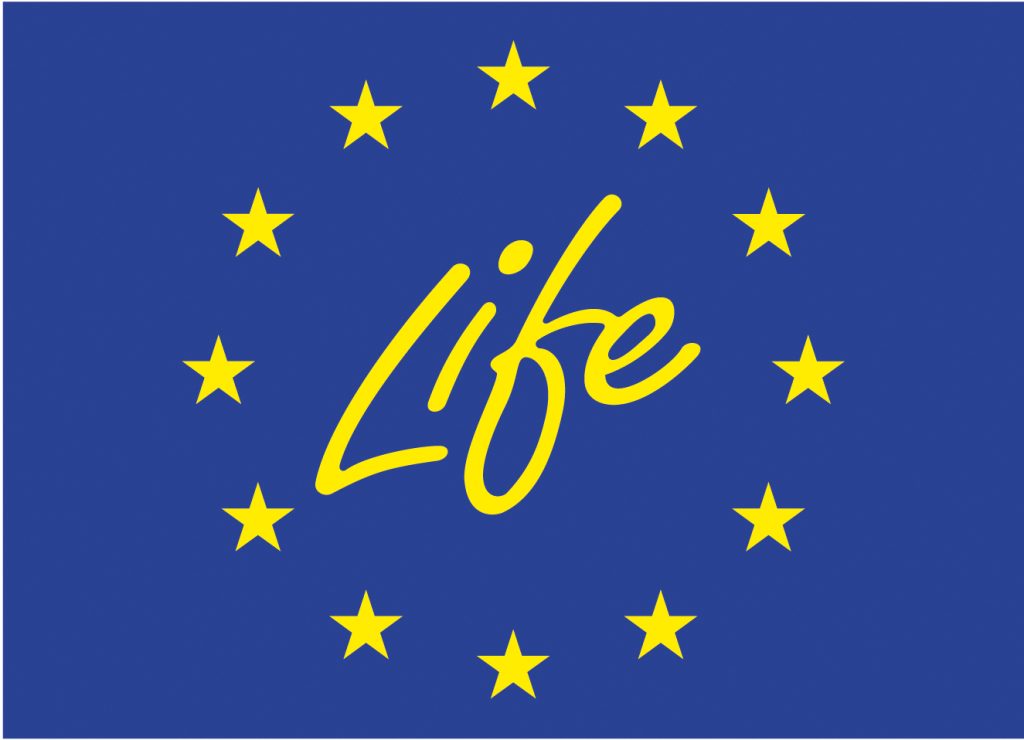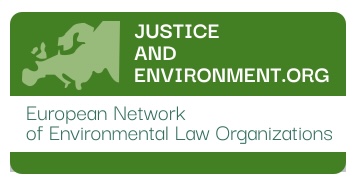

The European Union is based on fundamental rights, democracy and the rule of law. Perhaps the best manifestation of these rights, freedoms and principles is the Charter of Fundamental Rights of the European Union, or as we simply refer to it, the Charter.
One may ask why we need this legal instrument, but these days the answer is clearer than ever: The Charter enshrines the fundamental rights people enjoy and as a modern and comprehensive instrument, it protects and promotes people’s rights and freedoms in the light of changes in society, social progress and scientific and technological developments.
It also protects and promotes people’s rights and freedoms in the era of the triple planetary crisis, especially amidst the challenges of climate change. The Charter applies in conjunction with national and international fundamental rights protection systems, including the European Convention on Human Rights.
And how is this useful for me?
The provisions of the Charter are addressed to the institutions and bodies of the EU in all their actions and the national authorities when they are implementing EU law.
But can individuals rely on the Charter’s provisions?
Indeed, because the Charter applies when EU countries adopt or apply a national law implementing an EU directive or when their authorities apply an EU regulation directly. The Charter has its own implementation mechanism through EU institutions and national bodies.
What about climate rights?
The baseline is the respect for the values and rights enshrined in the Charter, especially its Art. 37 that aims at integrating a high level of environmental protection and the improvement of the quality of the environment into the policies of the Union.
Our focus is exactly how people can rely on the Charter in the climate and energy-related policies of the EU and how to raise the awareness of the target audiences to be able to apply legal instruments including strategic litigation in order to defend their Charter rights.
Actual project activities will consist of researching EU legal instruments, collecting data on Member State level implementation of energy and climate policies, training the target groups (CSOs, legal practitioners etc.) at training sessions and having national events with ombuds institutions, and having EU level events with the participation of journalists and EU institutions in charge of the application of the Charter.
Awareness raising and training activities will be focused on procedural rights stemming from the Charter and the Aarhus Convention and will increase the knowledge of the target groups of EU law, the available remedies and their application in climate and energy policy matters (strategic and project level decision-making).
They will also increase the ability of the members of the target groups to develop a litigation strategy and communicate and advocate for the enforcement of Art. 37 of the Charter, in order to promote a high level of environmental protection with special regard to climate and energy matters.
The project started on 1 March 2024 and will finish on 28 February 2026.
The first 6-8 months of the project will be dedicated to the research and preparation of a study on EU level climate and energy plans, programs and projects that have a relevance for the Member State level policy and decision-making. In the middle of the project’s 2-year period, a number of training, awareness raising and knowledge exchange events will be held in the 8 project countries such as Austria, Bulgaria, Croatia, Czechia, Estonia, Hungary, Poland and Slovenia. The project will be completed by an EU-level online closing conference where key messages and lessons learned will be shared with the members of the public.
All outputs of the project will be available at the website of the main beneficiary Justice and Environment (J&E).
News will be shared on both the website and the Facebook page of J&E.
Funded by the European Union.


